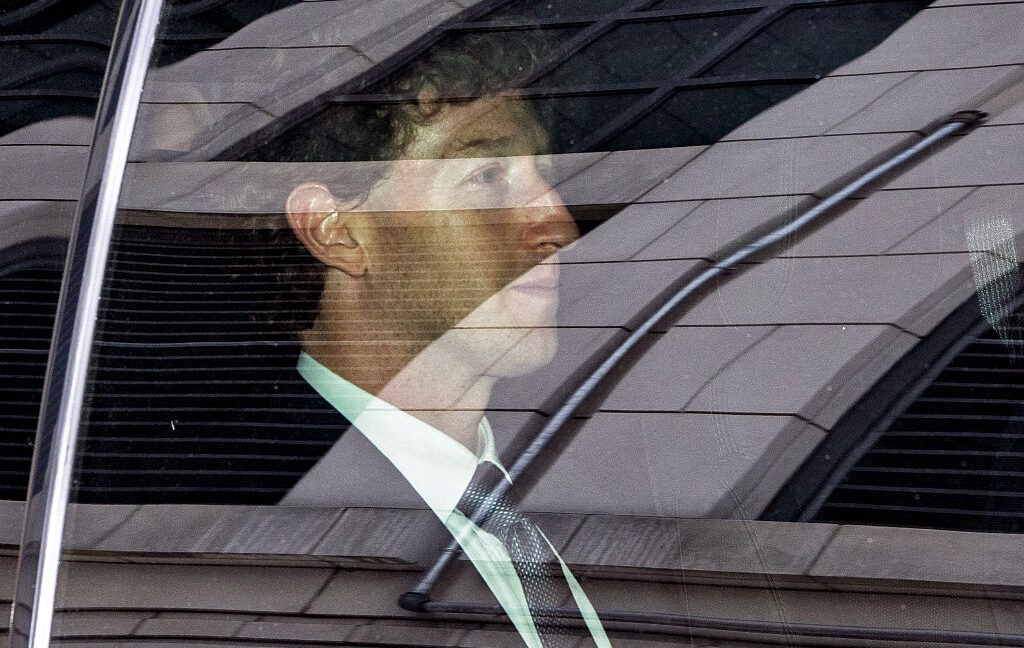Meta’s “AI superintelligence” effort sounds just like its failed “metaverse”
In a memo to employees earlier this week, Meta CEO Mark Zuckerberg shared a vision for a near-future in which "personal [AI] superintelligence for everyone" forms "the beginning of a new era for humanity." The newly formed Meta Superintelligence Labs—freshly staffed with multiple high-level acquisitions from OpenAI and other AI companies—will spearhead the development of "our next generation of models to get to the frontier in the next year or so," Zuckerberg wrote.
Reading that memo, I couldn't help but think of another "vision for the future" Zuckerberg shared not that long ago. At his 2021 Facebook Connect keynote, Zuckerberg laid out his plan for the metaverse, a virtual place where “you're gonna be able to do almost anything you can imagine" and which would form the basis of "the next version of the Internet."
 "The future of the Internet" of the recent past.
Credit:
Meta
"The future of the Internet" of the recent past.
Credit:
Meta
Zuckerberg believed in that vision so much at the time that he abandoned the well-known Facebook corporate brand in favor of the new name "Meta." "I'm going to keep pushing and giving everything I've got to make this happen now," Zuckerberg said at the time. Less than four years later, Zuckerberg seems to now be “giving everything [he's] got" for a vision of AI “superintelligence," reportedly offering pay packages of up to $300 million over four years to attract top talent from other AI companies (Meta has since denied those reports, saying, “The size and structure of these compensation packages have been misrepresented all over the place").




